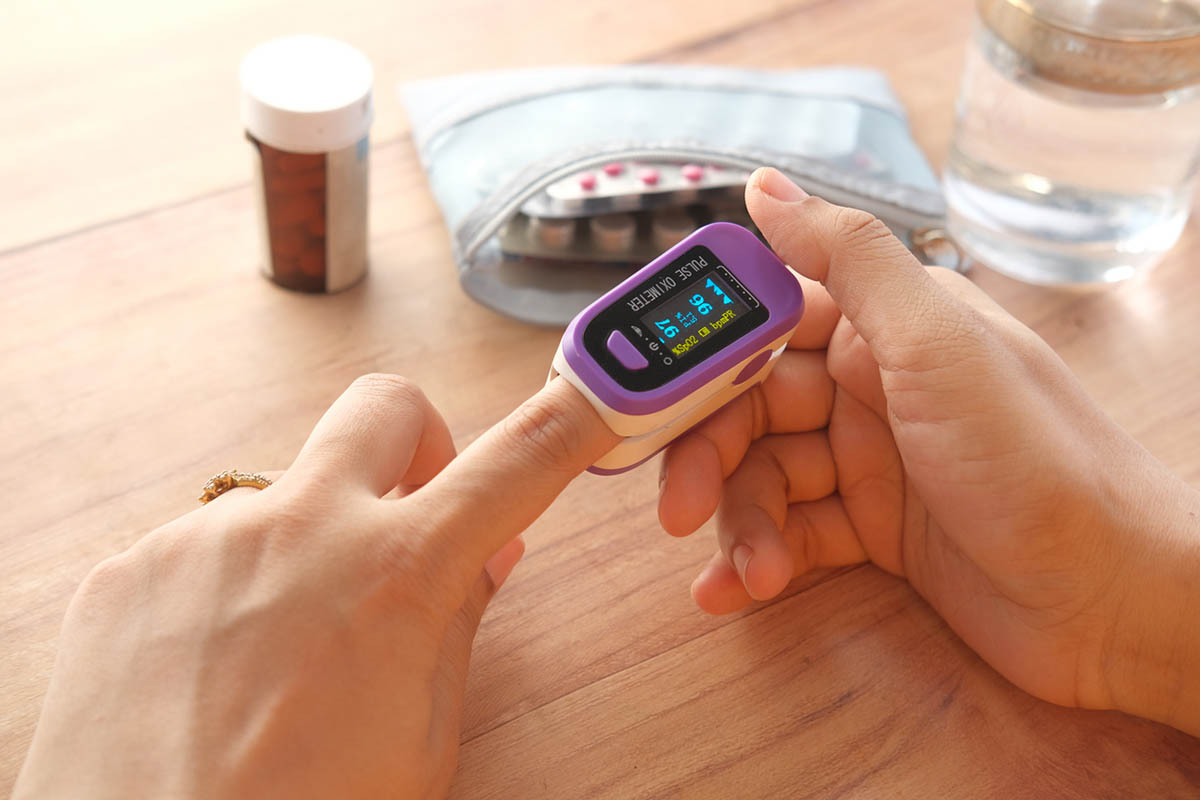Background:This open-label, 6-week clinical trial investigated the response to fluoxetine in medication-naive adolescents hospitalized for treatment of major depression.
Method:A total of 52 consecutively admitted patients (mean age=15.7 years) fulfilling Research Diagnostic Criteria for unipolar, nonpsychotic major depression received fluoxetine monotherapy (mean dose=33.2 mg/day) in conjunction with psychosocial therapies. Outcome was assessed weekly using the Hamilton Rating Scale for Depression (HAM-D) and the Clinical Global Impressions Scale (CGI). Response in this cohort was compared with that observed in 28 historical controls treated with imipramine (mean dose=217 mg/day) who were consecutively admitted patients to this same facility and assessed in an identical, standardized, open-label protocol.
Results: HAM-D scores decreased by a mean of 13.2 in the fluoxetine group compared with 10.2 in the group receiving imipramine (p<.002). The mean percentage decreases in HAM-D scores in the 2 groups were 54.3% and 41.4%, respectively (p<.003). The percentages of patients classified as responders based on a final CGI score of 2 or less were 48.1% and 17.9%, respectively (p=.009). Medications were generally well tolerated with only 5 patients failing to complete the full 6 weeks of their original treatment.
Conclusion: In spite of the uncontrolled nature of these data, the findings add to recent evidence suggesting more favorable response to selective serotonin reuptake inhibitors than tricyclics in adolescents with depressive illness.
Author Affiliations

Enjoy free PDF downloads as part of your membership!
Save
Cite



